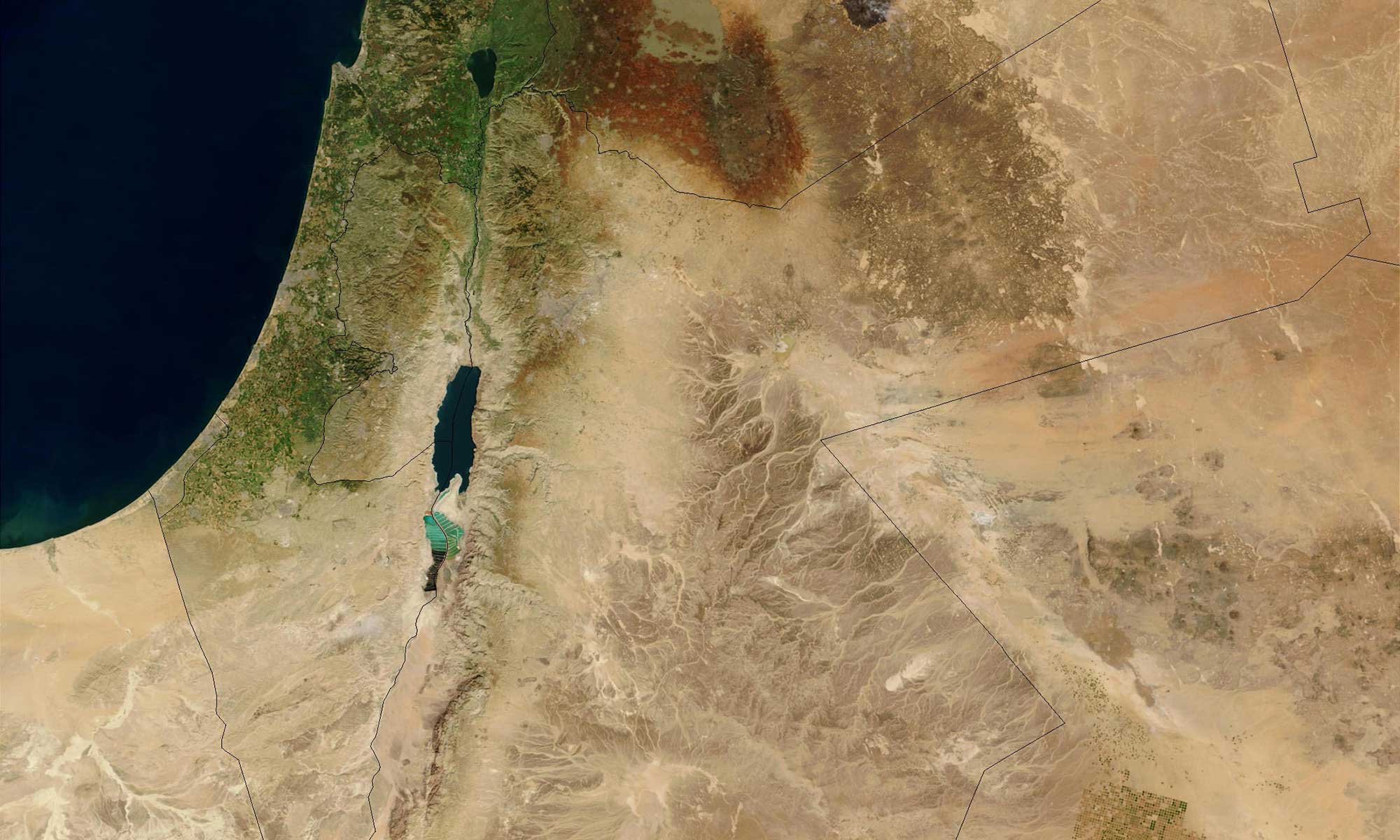
In February 2017 Friends Central High School in Philadelphia had fired two teacher-advisors to a student group which had invited a Palestinian Quaker, Sa’ed Atshan, to discuss the situation in Palestine-Israel. In this interview, after a long discernment, Sa’ed speaks about what happened and how he approaches what some feel is censorship by a quaker school.
Two excerpts:
Oftentimes, there’s an instinct—this rush—to take it to social media, to lambast the other party and publicly express one’s frustration. I really try as much as I can to be disciplined and to resist that urge. I think that going through a process of discernment—reflecting on what just happened, collecting all of the necessary information that one needs, speaking privately with key confidants, giving oneself some space and some time—can be really useful. It can allow us to engage much more productively and constructively.
I try as much as I can to be patient and not to rush to any particular mode of responding. And so that was the model that I adopted in this case. Self-discipline is especially important when it comes to airing our dirty laundry. I love Quakers, and I love being part of the Quaker community and the Quaker world.
This episode was very painful. It revealed some of the internal work that we Quakers have to do to deal with racism within our own community and to really think about who our institutions are accountable to. These are difficult conversations.
And to have some of these conversations happen outside of the Quaker world was difficult. Many people said that they used to have so much respect for Quakerism and they’d lost respect for Quakers now. I’ve had to explain that one institution doesn’t represent all Quakers. Like any faith-based community, we have our issues and struggles. You can’t write-off all Quakers based on just one episode.
So that was very painful for me, but I also had to deal with wanting to continue to represent Quakers and to communicate the beauty and value of all that we stand for. And in this instance, it was the teachers who embodied Quaker values and Quaker principles that we hold so dear.
And a little more.
It’s a clichéd observation that Friends will sometimes go out of our way to avoid conflict, even to the point of looking away from bullying behavior. How do we muster the courage to step up and be allies, even within our community?
Part of our Quaker heritage is speaking truth to power. Quakers have been at the forefront of many social justice struggles. Now Quakerism is morphing increasingly into a community of individuals who think that to be a pacifist, to see the light of God in every human being, and to be committed to our peace testimony requires us to actively avoid conflict and any form of confrontation. Confrontation or conflict is misconstrued as a form of violence.
That is disconcerting. In peace and conflict studies [at Swarthmore], we teach our students to embrace conflict. We teach our students that conflict is important and we should not avoid it. It’s the way we resolve our differences and address our misunderstandings or disagreements. But it’s important to raise conflict in a way that transforms it.
When instead we avoid conflict, we become passive aggressive, and the underlying issues continue to simmer. That can lead to violent conflict—or at least much more pain in the long run. So embracing conflict and learning to be comfortable with discomfort is a challenge facing Quakers. We have a lot of work to do in that regard.

